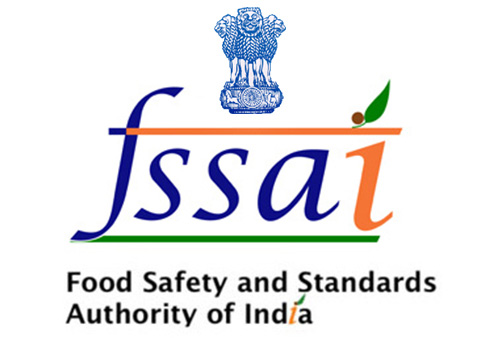Introduction
The Food Safety and Standards Authority of India (FSSAI) is an autonomous body established under the Ministry of Health & Family Welfare, Government of India. Its primary responsibility is to regulate and supervise the food safety standards across the country. If you’re involved in the food business in India, obtaining FSSAI registration is mandatory. This blog post provides a comprehensive guide on FSSAI registration, its benefits, and the procedure to obtain it.
Benefits of FSSAI Registration
- Legal Compliance: It ensures that your food business adheres to the standards and regulations set by the government.
- Consumer Trust: FSSAI registration builds trust among consumers as it assures them that the food products are safe for consumption.
- Business Expansion: With FSSAI registration, you can expand your business operations and reach a wider market.
- Avoid Penalties: Non-compliance with FSSAI regulations can lead to penalties, including fines or even closure of the business. Registration helps avoid such legal consequences.
Types of FSSAI Registration
Basic FSSAI Registration: For small businesses with an annual turnover of up to ₹12 lakhs.
State FSSAI License: For medium-sized businesses operating within a single state with an annual turnover exceeding ₹12 lakhs.
Central FSSAI License: For businesses that have operations in more than one state or are involved in import/export of food products.
Documents Required for FSSAI Registration
- For Basic Registration:
- Form A: Duly completed and signed Form A for FSSAI registration.
- Identity Proof:
- PAN Card of the business owner or the entity.
- Aadhaar Card, Voter ID, Passport, or Driving License of the proprietor or partners.
- Address Proof:
- Utility bills (electricity/water bill) of the business premises.
- Rental agreement or property tax receipt.
- Photo: Passport-sized photographs of the proprietor or partners.
- Business Details:
- Details of the food products to be manufactured or sold.
- Number of employees and their roles.
- Annual turnover of the business.
- For State FSSAI License:
- Form B: Duly completed and signed Form B for State FSSAI license.
- Identity Proof:
- PAN Card of the business entity.
- Aadhaar Card, Voter ID, Passport, or Driving License of the proprietor or partners/directors.
- Address Proof:
- Utility bills (electricity/water bill) of the business premises.
- Rental agreement or property tax receipt.
- Business Incorporation Proof:
- Certificate of Incorporation (for companies) or Partnership Deed (for partnerships).
- Layout Plan: A detailed layout plan of the business premises.
- List of Directors/Partners: Details of all directors or partners involved in the business.
- Food Safety Management System Plan: For certain categories of food businesses, a Food Safety Management System plan may be required.
- NOCs (No Objection Certificates): Depending on the nature of the business, NOCs from the Municipal Corporation or local health department may be required.
- For Central FSSAI License:
- In addition to the documents required for State FSSAI License, the following may be required:
- Import-Export Code (IEC): If your business involves import/export of food products, an IEC issued by the Directorate General of Foreign Trade (DGFT) is mandatory.
- Annual Turnover Details: Detailed information on the annual turnover of the business.
- Safety Management System Plan: A comprehensive Food Safety Management System plan as per the guidelines prescribed by FSSAI.
- Declaration Form: A declaration form stating the capacity of the manufacturing unit and other relevant details.
- Certification: In certain cases, additional certifications like ISO 22000, HACCP, etc., may be required based on the nature and scale of operations.
Please note that this is a general list, and the specific documents required may vary based on the state regulations, nature of the food business, and other factors. It is advisable to consult with a legal expert or visit the official FSSAI website for updated and detailed information on the documents required for FSSAI registration.
Verification: After submission, the authorities will verify the documents, and upon approval, you will receive the FSSAI Registration Certificate.
State/Central FSSAI License
Inspection: Post submission, the FSSAI authorities may conduct an inspection of your premises.
License Issuance: Upon successful verification and inspection, you will receive the FSSAI License.
Renewal of FSSAI Registration
FSSAI registration or license is generally valid for one to five years, depending on the type of registration. It is crucial to renew your FSSAI registration before its expiry to continue your food business legally.
Conclusion
FSSAI registration is a mandatory requirement for food businesses in India to ensure the safety and quality of food products. By following the prescribed procedure and adhering to the regulations, you can obtain FSSAI registration or license and contribute to building a trusted and compliant food ecosystem in the country.
For more detailed information or assistance with FSSAI registration, it is advisable to consult with a legal expert or visit the official FSSAI website for updated guidelines and procedures.





